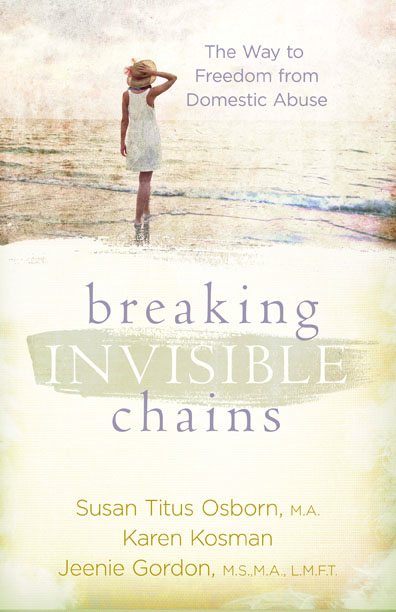As well as drawing on your own experiences or those of friends, family, and church members for articles and stories to write, you can look around your community for interesting people and unique ministries.
Your Community
When you are reading your local newspaper, watch for interesting people to interview. A word of warning though: Don’t contact individuals too close to a tragedy. Allow time for their healing.
Keep an eye out for special events and current events as well as for interesting people. The newspaper and the Internet are wonderful sources for fictional stories, too. Sometimes truth is stranger than fiction.
As well as searching through your newspaper, you can find ideas in magazines, from radio shows and news briefs, from television, and on the Internet. Documentaries provide a great deal of background for stories and articles, too.


